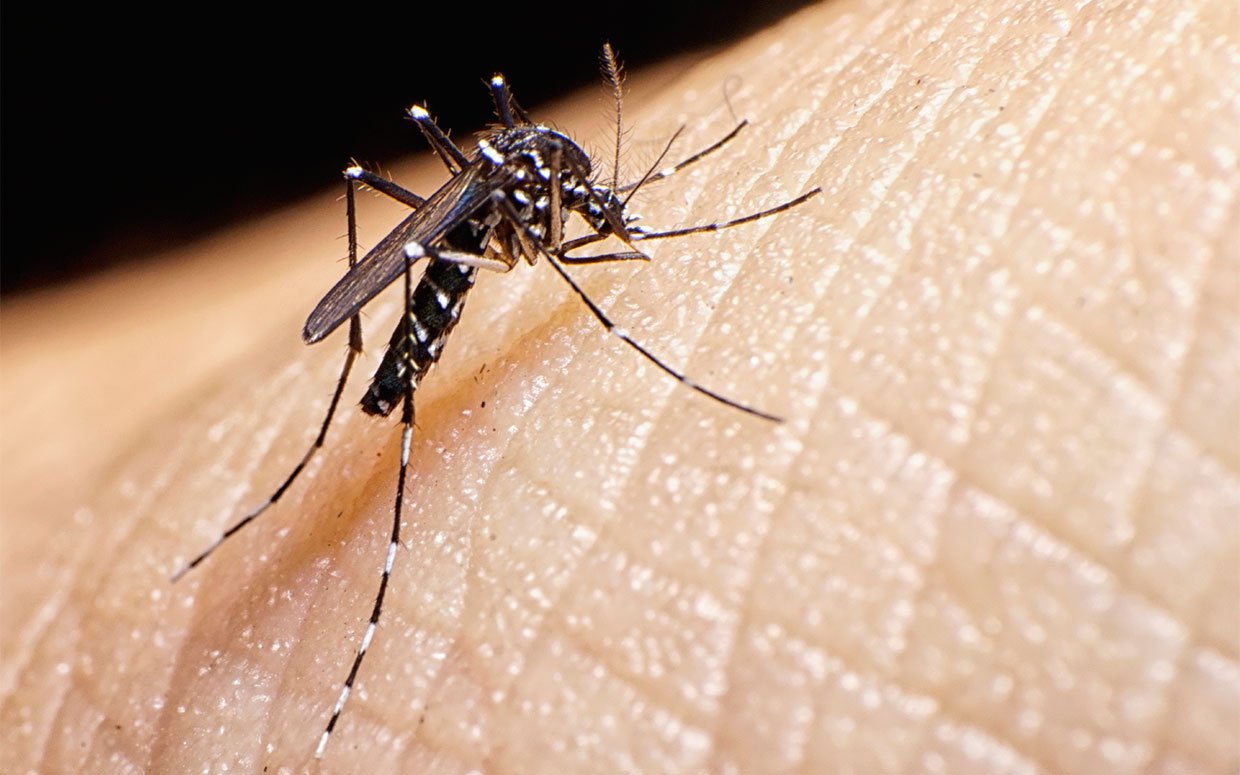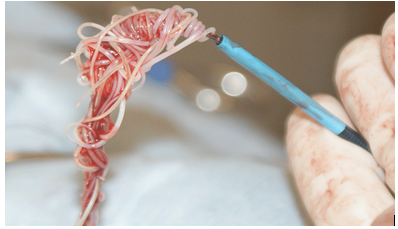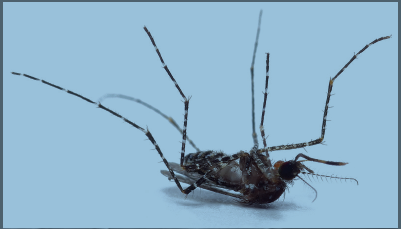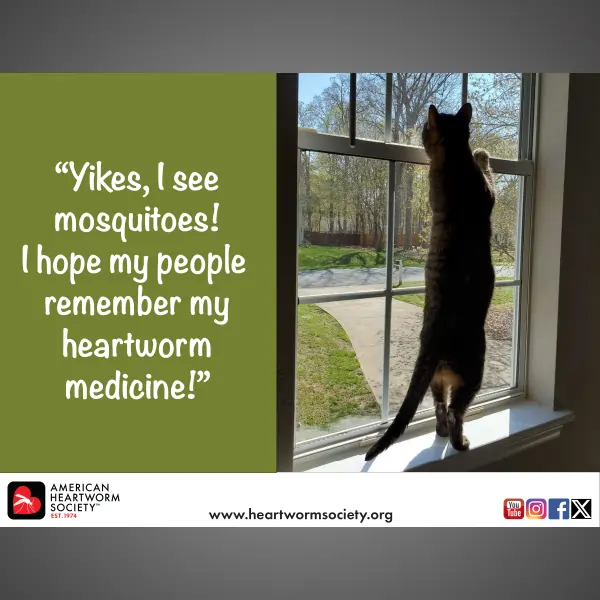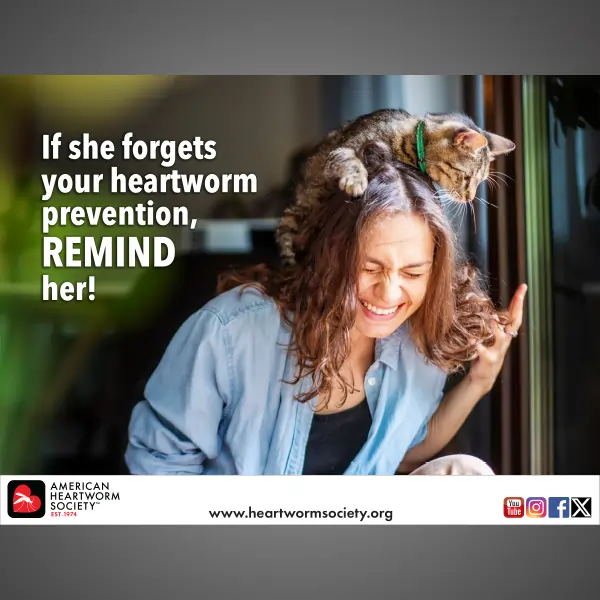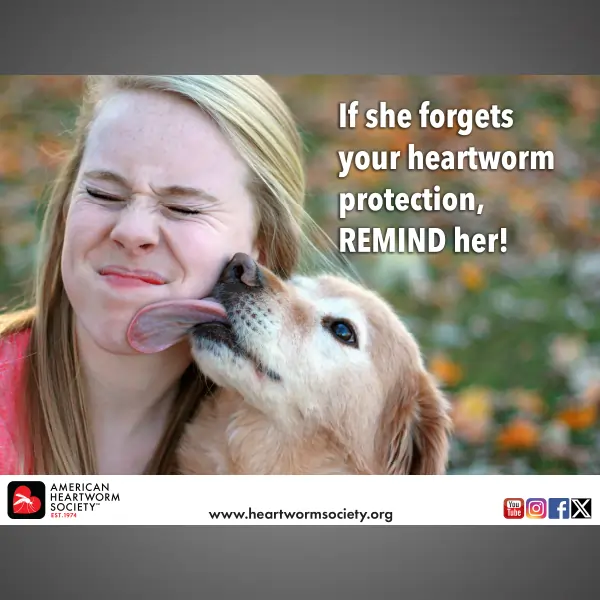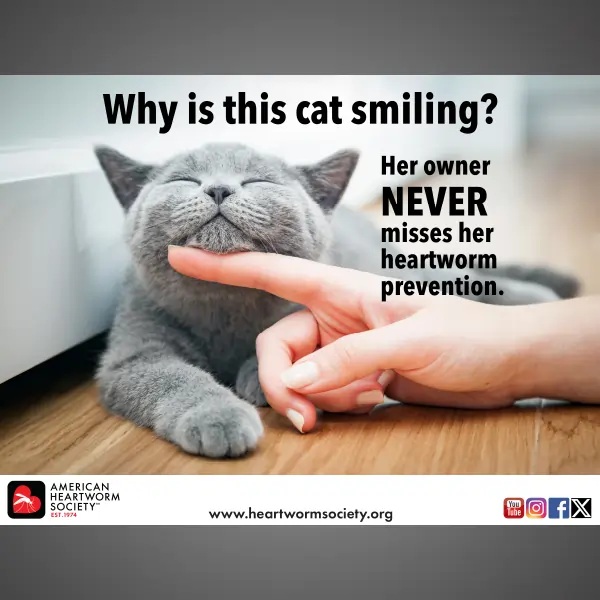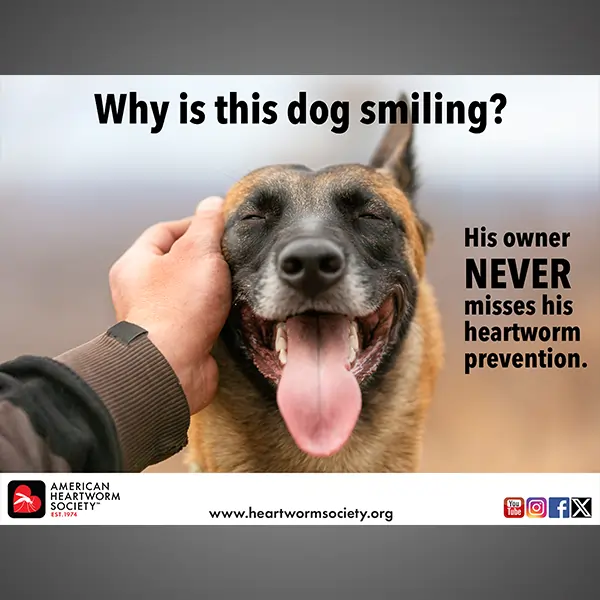One small — but crucial — tip has to do with heartworm medicine.
It's only natural to stop and take stock of your own health at the start of the new year. Here's why — and how — to do the same for your pets. There's certainly no right or wrong time to reassess the care your pet needs to stay heathy and happy. But the beginning of the year — after the hustle and bustle of the holidays, when you're making resolutions to stick to good habits — is an opportune time to give your pet's well-being the attention it needs, too. We've put together a list of the main tasks to keep in mind.









